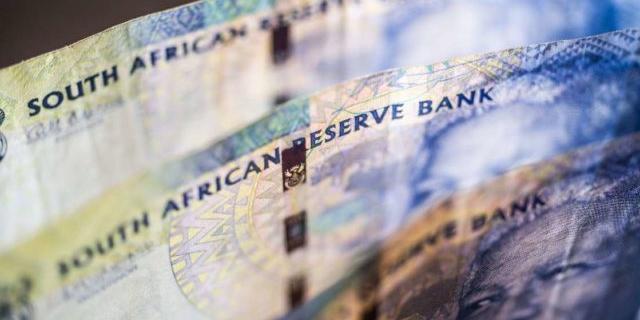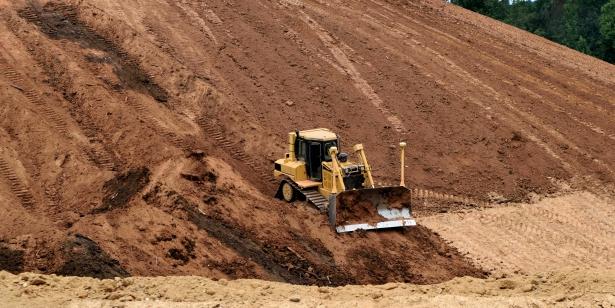South Africa : Triple blow for households in South Africa
- 04 May 2022 / News / 524 / Fares RAHAHLIA

South African households are struggling to make ends meet amid rising food prices, higher electricity prices, and the latest blow from escalating fuel prices.
The Automobile Association (AA) said in a note on Tuesday, that an increase in the prices of diesel and illuminating paraffin in May will substantially impact the cost of living locally.
According to the minister of Mineral and Energy Resource, from Wednesday (4 May) both grades of petrol will decrease by 12c/litre, while diesel will increase by 92c/l and 98c/l for 0.05% and 0.005% sulphur, respectively.
Worryingly, the price of illuminating paraffin – which is used as a fuel source for cooking, heating, and lighting in many poorer households – will also increase by as much as 80 cents per litre on Wednesday.
The AA said that the petrol price decreases would only provide short-term relief – while the increases in illuminating paraffin and diesel will put extra financial pressure on millions already struggling to make ends meet.
The petrol (95) price has increased by 11.4% since January and is up by 27.8% from May 2021, while diesel (0.05% sulphur) has been more pronounced, up 27.6% and 52.1% from January 2022 and May 2021, respectively.
And short-term relief was offered by the government by reducing the General Fuel Levy (GFL) by R1.50 over the past two months. This comes to an end ahead of the June fuel announcement.
In a recent research note published by Absa, economists outlined that various upside price shocks will likely maintain upward pressure on domestic inflation and the cost of living.
These include a surge in commodity prices – especially since the onset of Russia’s invasion of Ukraine; ongoing supply chain constraints exacerbated by China’s ‘zero-Covid’ lockdowns; higher producer inflation; high domestic administered costs; and the recent sudden depreciation of the rand.
The economists said that the assumption of Brent crude oil prices is critical to projections, given how vital the prices are for the broad trajectory of headline CPI inflation.
We have assumed that the price of Brent crude would ease gradually to $111/per barrel by Q4 2022 and further to $96/per barrel by Q4 2023, but uncertainty remains high,” said Absa.
Absa stressed that given fuel has a 4.82% weight in CPI, a 10% change in the baseline Brent crude forecast could increase headline inflation by 0.2 percentage points, even before accounting for second-round effects.
The bank forecast headline CPI inflation peaking briefly above the upper limit of the target range in Q2 22, and an elevated risk of strong second-round effects.
It forecast core CPI inflation of 4.2% by Q4 2022, up to an average of 4.8% in 2023. Additionally, it forecast headline CPI inflation of roughly 5.9% this year and 5.4% by this time in 2023.
Food
Since the last Absa Quarterly Perspectives report, food price inflation has worsened with already high global prices being pushed even further as a result of the Russia-Ukraine crisis.
Wandile Sihlobo, the chief economist for the Agriculture Business Chamber of South Africa, said that the war in Ukraine had come at a terrible time when many countries were beginning to recover from the impact of the Covid-19 pandemic.
Sihlobo noted that South Africa is not alone in its trying times: Africans across the board are spending a lot on fuel and food at this current moment. The conflict has also resulted in soaring global grain prices, and decreasing food security.
According to the Pietermaritzburg Economic Justice and Dignity Group, essential foods have increased yearly above headline inflation. Staple foods such as polony, apples, chicken livers, and beef liver have all seen an increase by over 20% in price compared to April last year.
Electricity
Electricity will also remain a source of upside price pressure, said Absa. Electricity price tariffs were hiked by 9.6% for Eskom customers, effective April 2022, with a municipal increase of 7.47% expected to hit households in July 2022.
“After this year’s electricity hike, we have pencilled in an 11.2% hike for 2023,” Absa said. “Eskom is likely to apply to claw back higher than initially envisaged coal and diesel primary energy costs.”
South Africa’s electricity price woes are exacerbated by general unavailability. Eskom announced that it is moving to stage 2 load shedding from 3 May to 9 May due to a shortage of generation capacity following delays in returning generators to service and the breakdown of nine generating units.
Households and businesses are forced to turn to alternative power sources during these blackouts, which include diesel generators and illuminating paraffin, which are the fuels suffering significant price hikes this week.
source: businesstech
 English
English
 français
français
 العربية
العربية







